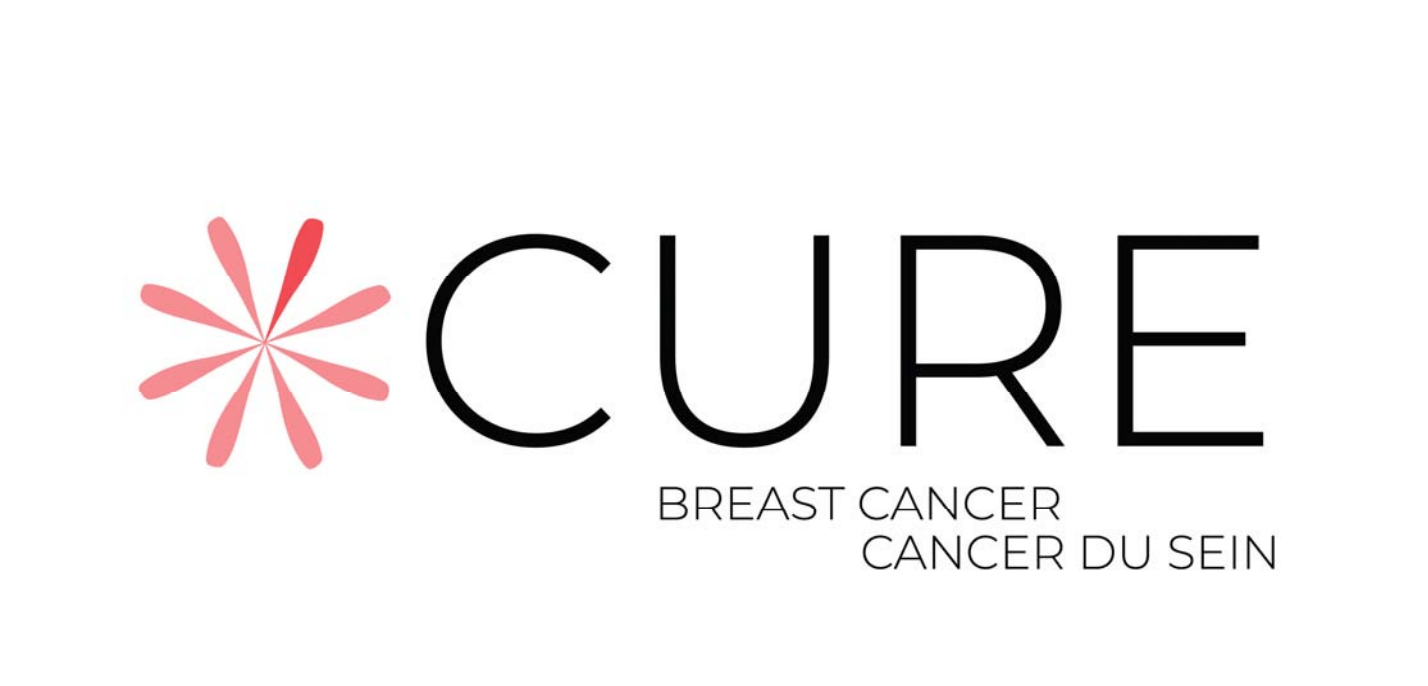OUR
RESEARCHERS
Providing financial support for breast cancer research has always been a driving force in CURE’s mission. Through strategic partnerships with Canada’s top institutions, the foundation invests in basic, translational and clinical research, all with the goal of improving treatment and finding a cure.
Director of McGill University’s Goodman Cancer Research Centre, as well as the Diane and Sal Guerrera Chair in Cancer Genetics, funded through the CURE Foundation.
Over the last 30 years, Dr. Park has honed her research interests in the molecular mechanisms of cancer, highlighting the importance of the tumour microenvironment in cancer progression. More recently, she has begun to explore how multiple genetic alterations and epigenetic events synergize to promote tumorigenesis and progression in human breast cancer.







